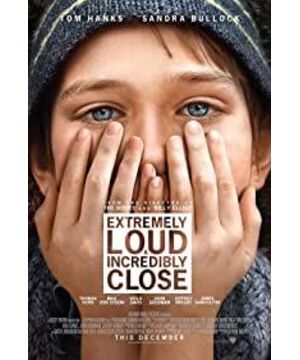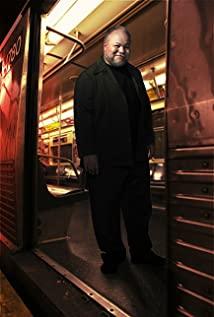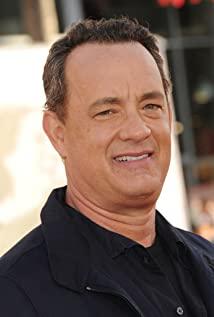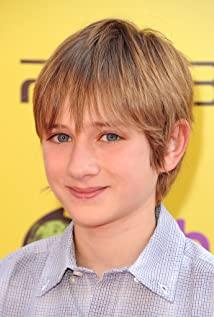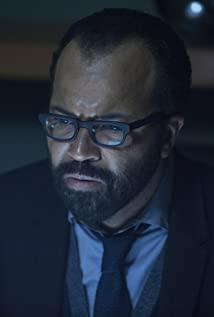reason Keep adding, there won't be enough space to bury everyone in the future, so how about building underground skyscrapers? Just under the skyscrapers built for the living, you can bury people hundreds of floors underground, so that the whole The world of the dead will be beneath the world of the living."
What made such a small child say such heavy yet innocent words? It's the death of someone closest to you, a funeral that takes up underground space without a body.
The child's words and the next scene have already hinted at the special death of the deceased mourned here - "skyscraper" and "empty coffin", pointing directly to 911. (But the author is stupid, I didn't guess it right away.)
Accidental death, especially 9/11, seems to be more traumatic and unbearable than natural death caused by illness. Because this kind of death is gratuitous and people are unprepared for it. That's why Oscar questioned his mother loudly in the film: "What if I die tomorrow?" "How do you know I won't die tomorrow?" This is precisely because of the huge impact of his father's unreasonable death. Shock and fear.
The death of his father was an unacceptable fact. The little boy couldn't let it go for a whole year, and he didn't even dare to approach his father's wardrobe. The already autistic child became even more autistic, aggressive, and unreasonable. He refused to communicate with his mother, and even blamed her for not returning home to answer his father's last call, saying, "I hope that in that building. It's you, not him" hurtful words.
"Death" is undoubtedly one of the themes of the film. In the elaboration of this theme, in addition to the main line of the little boy's father Thomas who died on 9/11, there are two dark lines. One is that the parents of the little boy's grandfather died a second time. During the air raids of the World War, Grandpa witnessed the death of his parents with his own eyes. He was so traumatized that he was afraid of becoming a father to form a normal family, and he lost his language ability and lived alone for a lifetime. His pain was so deep that even the little boy said, "Actually, you are hurt more than I am."
Another dark thread is the death of Blake's father, the true owner of the key that is the cause of the little boy's quest. In contrast to the first two deaths, Blake's father died of a disease he knew in advance, so he had time to say goodbye to his loved ones. However, due to the bad relationship between Blake and his father, he has never dared to open the letter his father sent him before his death, so he almost missed the relic left by his father to him. The death of his father undoubtedly had a great impact on Blake, and his divorce and reunion with his ex-wife was also affected to a certain extent by this incident. There is a detail in the film. After reading the letter, Blake found that the key that found his father's relics was sold to Thomas together with the antique vase. When he wanted to post a notice to look for it, he saw that people all over the city were posting notices looking for it. A loved one who disappeared in 9/11, so he retreated. A person's search for relics may seem a little trivial in the face of the grief of the whole city, but in fact, the personal grief is incomparable.
Three deaths, three traumas, and more deaths, more traumas. Does our world have enough room to hold so many dead, and so much mourning?
View more about Extremely Loud & Incredibly Close reviews


